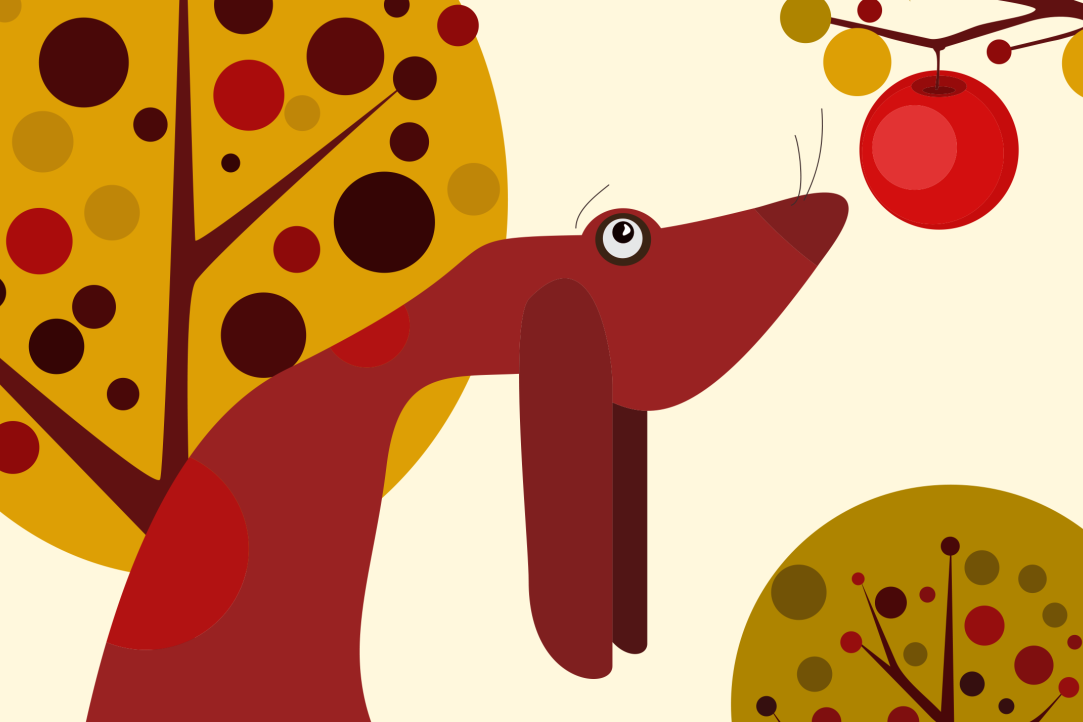HERB 4(18) Academic Inbreeding
Фокус номера — академический инбридинг. На этот раз выпуск содержит не только статьи, посвященные инбридингу в вузах, но и список избранной литературы по теме.

This issue is all about academic inbreeding. Academic inbreeding is defined as the practice of universities hiring their own graduates as faculty, i.e., as teaching staff and researchers. The term “inbreeding” comes from biology where it is used to describe the mating of organisms that are closely related genetically. Despite “academic inbreeding” being just a vivid analogy for biological inbreeding, a closer look at both phenomena helps discover numerous similarities between them, including their internally contradictory nature. On the one hand, inbreeding is a widely used breeding technique that helps augment desired traits. On the other hand, mating or breeding of organisms that are closely related genetically can lead to inbreeding depression and, thus, to more recessive traits manifesting themselves and eventually even to degeneration.
Recruitment of own graduates is common in many regions, countries and universities; sometimes (when perceived as something advantageous and desirable) it is a consciously, purposively chosen strategy, in other cases it is done out of necessity (due to lack of alternative solutions). Still, academic inbreeding can have negative consequences, too. They include limited circulation and exchange of knowledge, stagnation, replication of faulty ideas and practices, self-isolation, and low level of engagement in the global exchange of ideas, knowledge and best practices. This means that academic inbreeding is a phenomenon that is, on the one hand, of interest for researchers and practitioners in university governance but on the other hand, stirs discord between the supporters and opponents of this practice. The articles in this issue, authored by both researchers and practitioners, provide different views on academic inbreeding with all its pros and cons, as well as on the ways and methods of balancing inbreeding that are used at some universities. We also present a short guide on research literature dedicated to academic inbreeding; it is aimed at those who take an interest in this topic and would like to know more about it.
ЧИТАТЬ ПОДПИСАТЬСЯ НА РАССЫЛКУ СМОТРЕТЬ АРХИВ
HERB — ежеквартальный аналитический англоязычный журнал Института институциональных исследований. С 2014 года HERB ставит своей задачей описать процесс трансформации высшего образования на постсоветском пространстве на территории современной России, Восточной Европы и Центральной Азии. Статьи журнала — это, как правило, небольшие эссе о региональных трендах и практиках в высшем образовании. Аудитория журнала — международное сообщество профессиональных исследователей в области высшего образования и академики, заинтересованные в вопросах высшего образоваия.
Дата
21 декабря
2018
Рубрики
Темы
В статье упомянуты
